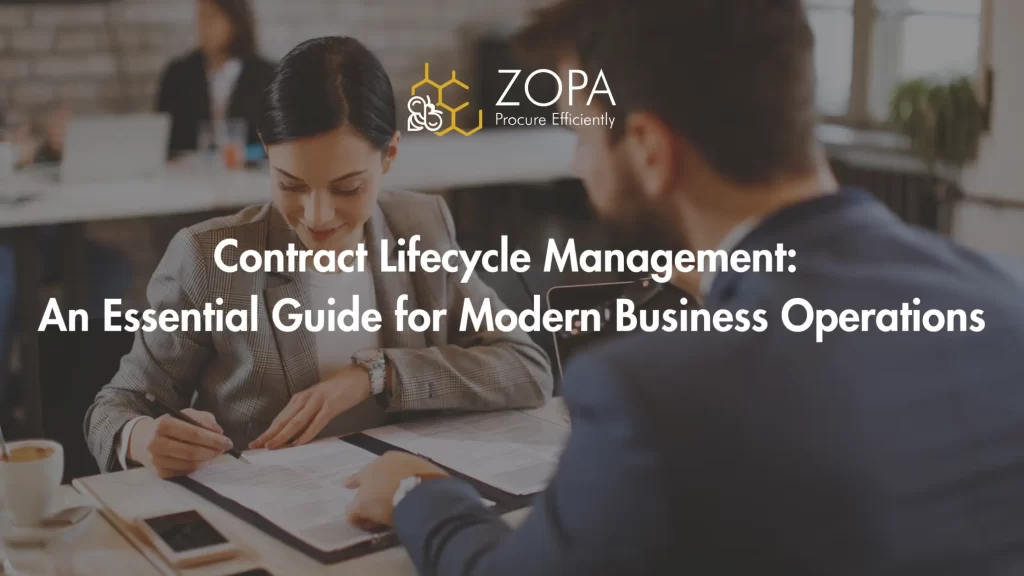Negotiation is an essential skill in both personal and professional contexts, influencing outcomes in business deals, salary discussions, conflict resolution, and more. Without the right strategies and understanding, negotiations can become daunting or lead to unsatisfactory agreements. Among the myriads of concepts in negotiation, two stand out as particularly critical: Best Alternative to a Negotiated Agreement (BATNA) and Zone of Possible Agreement (ZOPA). This article offers an in-depth exploration of BATNA and ZOPA, demonstrating their importance in achieving successful negotiation outcomes.
Introduction to Negotiation Concepts
Negotiation is often seen as a zero-sum game, where one party’s gain is another’s loss. However, at its core, successful negotiation aims to find mutually beneficial solutions. Understanding BATNA and ZOPA empowers negotiators to approach discussions with clarity, confidence, and strategic insight.
Understanding BATNA
What is BATNA?
BATNA, or Best Alternative to a Negotiated Agreement, refers to the most favorable course of action a party can take if negotiations fail. Knowing your BATNA gives you leverage in negotiations, as it establishes your minimum acceptable outcome.
Importance of Identifying Your BATNA
Identifying your BATNA is crucial for several reasons:
1. Informed Decision-Making: Knowing your best alternative enables you to make informed decisions about whether to accept a proposed deal or walk away.
2. Increased Confidence: Understanding your options can elevate your confidence during negotiations, enabling you to negotiate more assertively.
3. Avoiding Poor Agreements: BATNA prevents you from entering unfavorable agreements solely due to pressure, as you are aware of the alternatives available.
How to Develop a Strong BATNA
To cultivate a robust BATNA, consider the following steps:
– Conduct Research: Gather information about potential alternatives to your proposed agreement. The more options you have, the stronger your BATNA will be.
– Enhance Alternatives: Invest time and resources into developing viable alternatives that could provide favorable outcomes if negotiations do not go as planned.
– Evaluate Your Alternatives: Assess the feasibility, benefits, and drawbacks of each alternative. This assessment will allow you to determine which option truly stands out as your BATNA.
Exploring ZOPA
What is ZOPA?
ZOPA, or Zone of Possible Agreement, is the range in a negotiation where two parties’ interests align. It represents the overlap between what each party is willing to give and what they are willing to accept. If ZOPA exists, an agreement can be reached.
The Role of ZOPA in Negotiations
Understanding ZOPA is critical because it helps identify viable negotiation outcomes. Without a clear ZOPA, negotiations can extend indefinitely or result in impasse, where parties fail to reach an agreement.
How to Determine the ZOPA
To uncover the ZOPA, both parties need to engage in open dialogue and share relevant information. Here are steps to identify ZOPA:
– First, Identify Your Goals: Clearly articulate your ideal outcome as well as your minimum acceptable terms.
– Consider the Other Party’s Interests: Attempt to understand the other party’s needs and limitations as well, providing a clearer picture of possible agreements.
– Establish a Range: Based on both sides’ criteria, create a range that reflects a potential ZOPA.
The Interplay Between BATNA and ZOPA
BATNA and ZOPA work hand-in-hand in the negotiation process. Understanding your BATNA allows you to enter negotiations with a clear understanding of your alternatives, while identifying the ZOPA helps you recognize the potential for mutually beneficial agreements.
Identifying ZOPA Boundaries: Your BATNA also influences your perception of ZOPA. For instance, if your BATNA is particularly attractive, you may have a narrower ZOPA since you’re less likely to accept a deal that doesn’t meet your minimum requirements.
Facilitating Creative Solutions: Understanding both BATNA and ZOPA can lead to creative solutions, where both parties explore options that create value beyond the initial negotiation points, thereby expanding the ZOPA and resulting in a win-win outcome.
Strategies for Successful Negotiations
Preparation and Research
The foundation of any successful negotiation lies in thorough preparation. This entails:
– Researching the Other Party: Understand the motivations, interests, and goals of the opposing party. This insight can help you explore the ZOPA effectively.
– Understanding Market Standards: Familiarize yourself with industry standards and typical terms that can inform both your BATNA and the possible agreement range.
Creating Value and Building Trust
Building a positive rapport with the other party can facilitate negotiation:
– Focus on Interests, Not Positions: Move beyond rigid positions to discuss underlying interests. This approach often reveals ZOPA where both parties can be satisfied.
– Foster Trust and Transparency: Open communication and honesty can create a collaborative atmosphere, encouraging both parties to explore various solutions together.
Effective Communication Techniques
Finally, effective communication is vital in negotiation:
– Active Listening: Pay close attention to the other party’s expressions and feedback. Active listening can uncover underlying interests or concerns that might not be immediately clear.
– Clearly Articulate Your Needs: Clearly and assertively express your position, preferences, and any constraints to the other party, which can facilitate mutual understanding and collaboration.
– Ask Open-Ended Questions: Encourage dialogue and exploration of options by asking questions that require more than a yes or no answer. This can lead to insights about potential ZOPA and creative solutions.
Conclusion
The negotiation process can be intricate, but understanding BATNA and ZOPA makes it significantly more manageable. By identifying your best alternatives and discovering potential overlaps in interests, you position yourself for favorable outcomes.
Effective negotiation is not merely about claiming what you want; it’s about creating value and fostering relationships that support both parties’ goals. By employing sound strategies in preparation, fostering trust, and communicating effectively, negotiators can unlock possibilities that were previously overlooked.
In a world where collaborative solutions are increasingly vital for success, mastering BATNA and ZOPA can lead not only to successful negotiations but also to sustainable partnerships and long-lasting results. As you pursue your next negotiation, remember that the power of understanding both your alternatives and the potential scope for agreement can make all the difference in achieving optimal outcomes.




